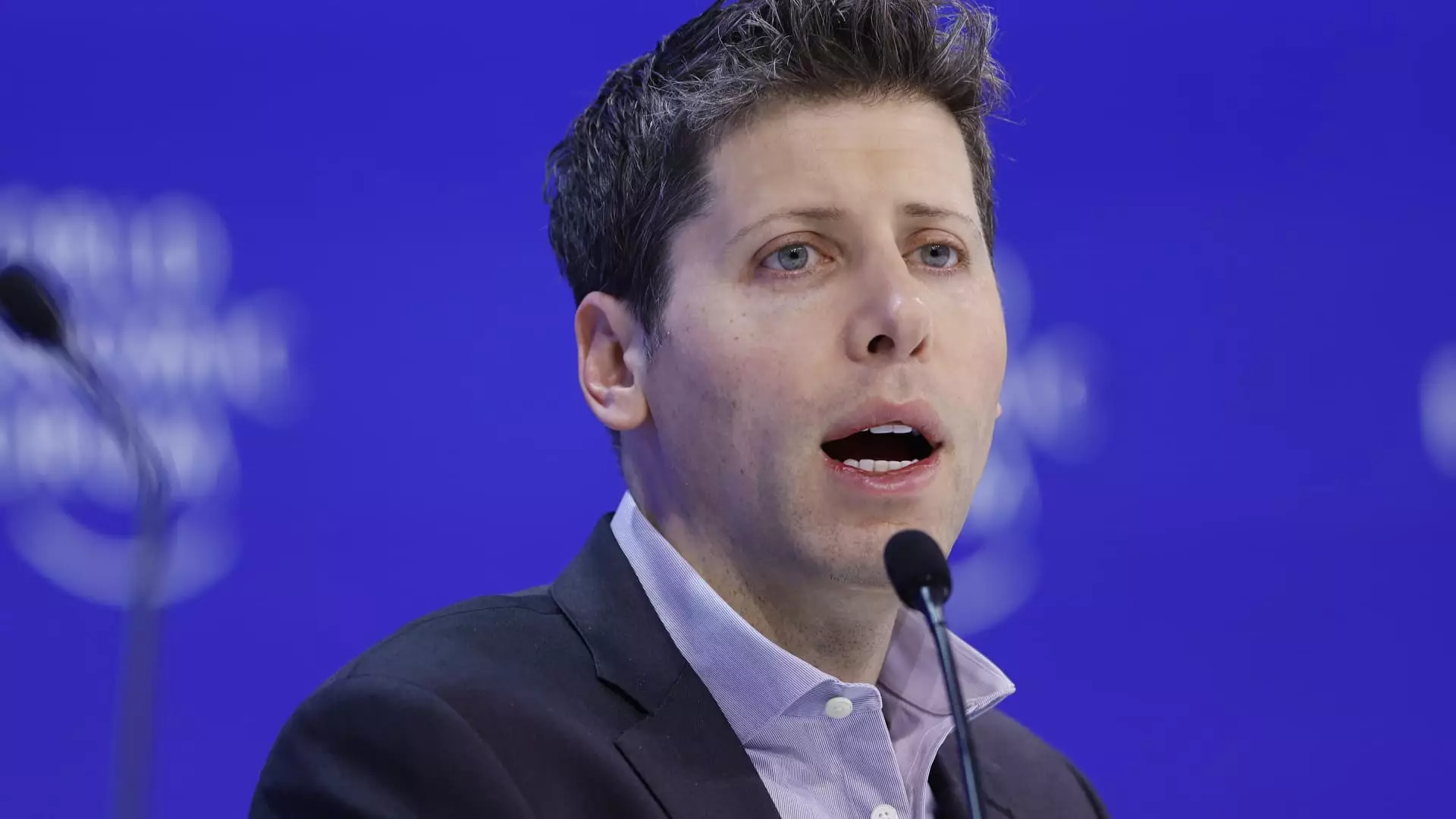The partnership between OpenAI and Condé Nast is a significant move in the world of artificial intelligence and media content creation. This collaboration aims to integrate OpenAI’s ChatGPT and SearchGPT products with popular Condé Nast publications such as Vogue, The New Yorker, GQ, Wired, and others. It is touted as a way to enhance the search capabilities and content sourcing for users, making the process faster and more reliable. However, this partnership has stirred up some controversy and raised questions about the implications of AI-generated content in the media landscape.
The trend of media outlets partnering with AI companies like OpenAI has been on the rise, as seen with Perplexity AI’s revenue-sharing model for publishers. This move towards AI-generated content has sparked concerns about plagiarism accusations and the integrity of journalistic work. With OpenAI gaining access to Time magazine’s extensive archives and other publications like The Wall Street Journal, there is a growing concern about the potential misuse of copyrighted material. The legal battles between OpenAI, Microsoft, and news outlets like The New York Times and the Chicago Tribune underscore the challenges faced by traditional media in the age of AI technology.
AI is revolutionizing the way content is created and consumed, with companies like OpenAI leading the charge in developing advanced language models such as ChatGPT. These models can generate human-like responses and provide users with timely information sourced from the web. While AI has the potential to streamline content creation and improve user experience, there are ethical considerations to take into account. The lawsuits filed against OpenAI and its backers highlight the need to protect intellectual property and ensure fair use of copyrighted material in AI-generated content.
The partnership between OpenAI and Condé Nast presents both challenges and opportunities for the media industry. On one hand, it offers a new way to deliver content to consumers and enhance the search capabilities of AI-powered platforms. However, it also raises concerns about the authenticity of AI-generated content and the potential for copyright infringement. As AI technology continues to evolve, media outlets must navigate these challenges and find ways to collaborate with AI companies while protecting their intellectual property rights.
The partnership between OpenAI and Condé Nast represents a significant development in the realm of AI-powered content creation. While this collaboration has the potential to revolutionize the way we consume media, it also poses challenges in terms of copyright infringement and content authenticity. As AI technology continues to advance, it is crucial for media outlets and AI companies to work together to uphold ethical standards and ensure the responsible use of copyrighted material. Only through open dialogue and collaboration can we harness the full potential of AI in the media industry.


Leave a Reply